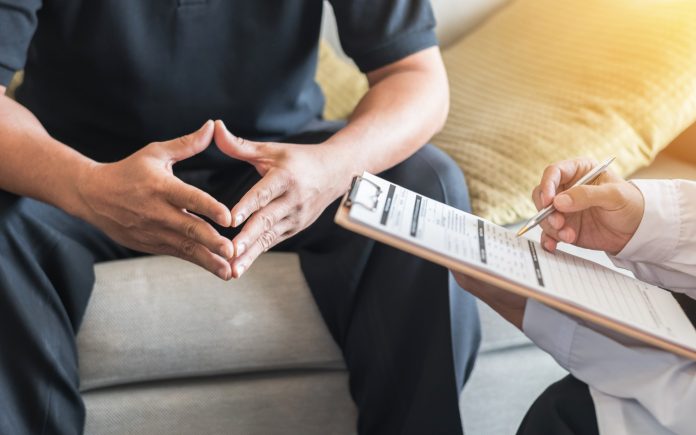The rising costs of living are putting Australians at risk of significant mental health distress and self-harm according to Suicide Prevention Australia’s annual State of the Nation report.
The report reveals that 70% of Australians have experienced elevated distress beyond their normal levels compared with this time last year, with the lead cause being cost-of-living and personal debt (40%).
This coincides with 88% of suicide prevention services recording an increase in demand over the same 12 months – up from 78% in 2020.
“Feeding the family and keeping a roof over our heads are two of the most basic human behaviours. While inflation and interest rates keep rising, we must be prepared and proactive to prevent mental distress and suicide rates from doing the same,” Suicide Prevention Australia, CEO, Nieves Murray said.
‘We must commit to National Suicide Prevention Act’
Ms Murray says it’s positive to see that more Australians are seeking help for mental health concerns but warns further economic turbulence could prove challenging for already stretched frontline services without additional funding and commitment to a National Suicide Prevention Act.
“A National Suicide Prevention Act will ensure we get towards zero suicides faster by ensuring every government minister is aware – and prepared – for the human impact of their policy decisions.
“Australians are increasingly aware of suicide risks and active in their prevention. They clearly want increased action from their Federal Government,” she said.
Ms Murray says it’s important to remember that suicide is complex and often due to multiple factors in combination, such as mental ill-health, relationship breakdown, housing and job security, financial hardship, social isolation, retirement or alcohol and other drugs.
“For example, the issue of cost-of-living and personal debt is ranked the biggest risk to rising suicide rates over the next 12 months both by the public (68%) and by the suicide prevention sector (74%),” she said.
“This is higher than previous years and is the first time an economic issue has overtaken social issues like drugs, loneliness, and family breakdown.
“Women account for the vast majority of suicide attempts overall while it’s well-documented most suicide deaths are men.
“We can’t afford to ‘wait and see’ if rates increase before legislating an accountable National Suicide Prevention Act, particularly when both the public (79%) and the sector (75%) back it.”
Open letter
Suicide Prevention Australia recently joined with over 40 prominent organisations and individuals – including RUOK?, yourtown, Wesley Mission, ReachOut, Mates in Construction and Batyr – in an open letter delivered to Prime Minister Anthony Albanese and all 227 MPs and Senators.
“Every life lost to suicide is a tragedy and the impact spreads across families, schools, workplaces, sporting clubs and community groups.
“For those feeling distressed, help is available and it’s important to reach out and seek support,” Ms Murray said.
To get help 24/7, phone Lifeline on 13 11 14 or the Suicide Call Back Service on 1300 659 467. If you or someone you know are in immediate danger, phone 000 for emergency services.










